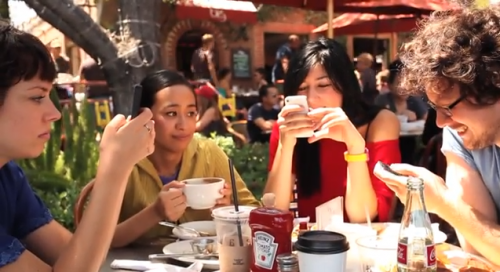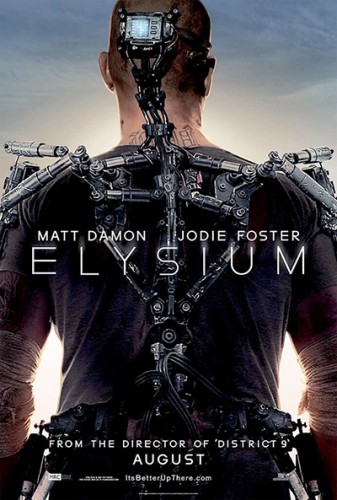As Edward Snowden settles into his new life in Russia, and Facebook inc. faces accusations of providing information to government officials about protesters in Turkey, issues of privacy are on the lips, minds, and newsfeeds of many global citizens.
Citizens sit with the uncomfortable and now undeniable reality that we are being watched. That our own governments, in many cases, are doing the watching. And that the economic, social, and interactive structures makes this kind of surveillance largely impossible to avoid.
I have noticed an interesting trend as people work through what many view as an unfortunate inevitability of pervasive surveillance: the use of play as a form of resistance. To be sure, PJ Rey (@pjrey) is our resident Play Theory expert here at Cyborgology. I am an admitted novice to this line of theory. As such, I hope that those with greater expertise than I will supplement my wide-eyed sociological noticings with established or developing social theorists and their theories. more...







